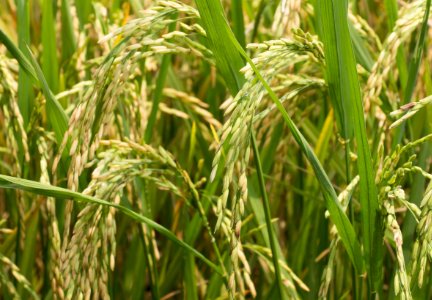
In August 2022, we surveyed 467 active rice millers from 13 states and regions across Myanmar to learn more about the impacts of the current political and COVID-19 crises. This report presents the key results and analysis from those interviews.
Key findings
- Electricity and fuel disruptions were cited as the most significant disruption by 91 percent of millers in August 2022. Rising fuel prices and access issues afflicted smaller, local mills while larger mills were more affected by interruptions in electricity supplies.
- Continuing a trend from March 2022, banking and credit disruptions were less prevalent in August. Lending and borrowing show only minor changes relative to 2021.
- Average milling throughput declined by more than 20 percent compared to a year prior, and stored volumes of both paddy and rice showed similar declines.
- Rice prices and milling margins increased sharply by about 40 percent compared to last year, driven by rising global prices, and, most importantly, by a rapid devaluation of Myanmar kyat. In USD terms, the price increases are more modest and closer to global changes. At the parallel (unofficial) exchange rate, prices have declined.
- Prices of byproducts (in kyats) have also increased sharply from the last year, especially for rice bran which is important to the animal feed industry.
Download report: https://reliefweb.int/attachments/67a74e11-2a1d-4919-9165-88ab2ef0dcf9/IFPRI_Myanmar_SSP_RN_87.pdf
Source (and more): https://reliefweb.int/report/myanmar/monitoring-agri-food-system-myanmar-rice-millers-august-2022-survey-round